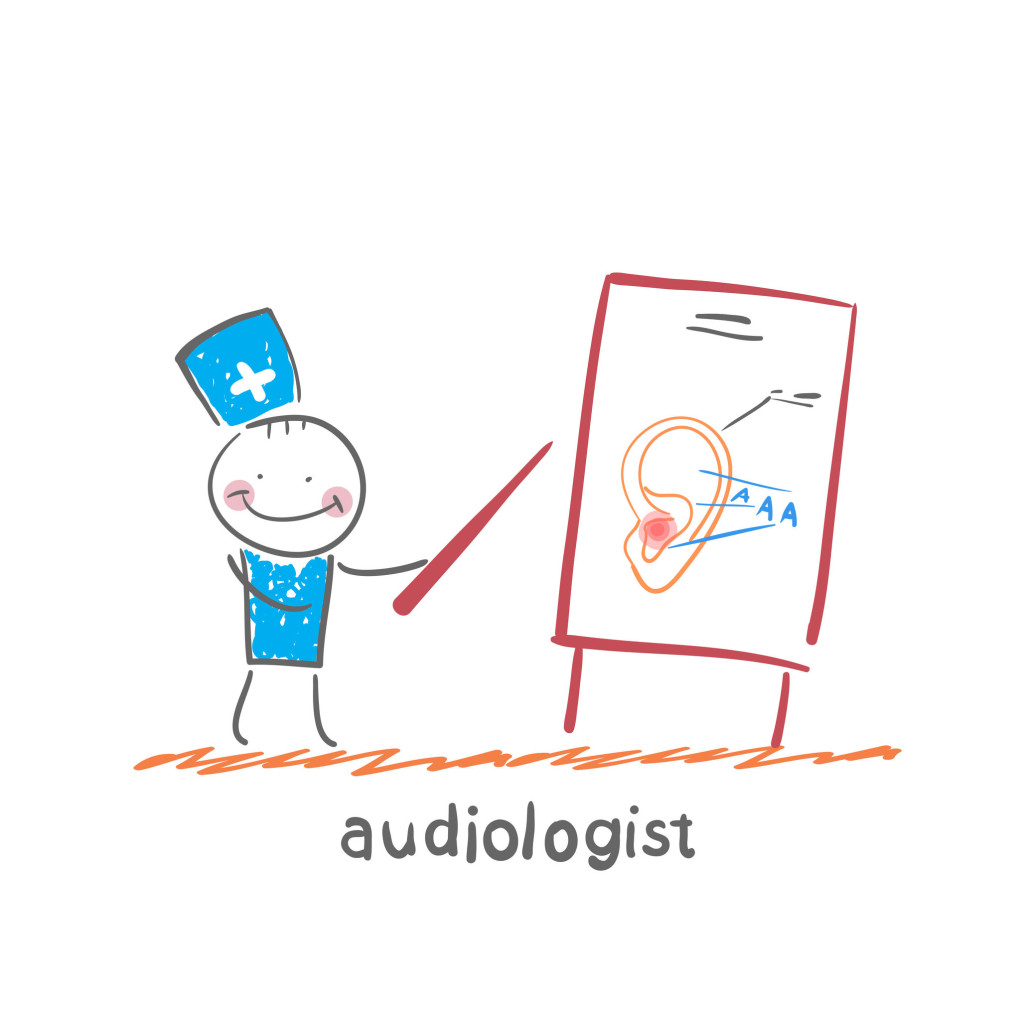What is Auditory Processing Disorder (APD)?

Imagine an individual who experiences difficulties in comprehending verbal information despite having normal hearing and might be dealing with Auditory Processing Disorder (APD). This condition involves an impairment in the central nervous system’s neural processing of auditory information.
Children with APD encounter challenges in accurately registering and retaining verbal input, struggling to decipher language due to confusion between sounds. Diagnosis typically requires evaluation by an audiologist between sounds. Diagnosis typically requires evaluation by an audiologist, while other professionals like psychologists and speech-language therapists may conduct preliminary screenings for APD.
It is essential to note that some skills necessary for APD testing might not fully develop until ages 7 or 8, although younger children can be monitored for potential risks.
Identifying APD Challenges in Children
Children affected by APD may exhibit difficulties in various auditory skills:
- Auditory Discrimination: Inability to distinguish between similar yet distinct sounds, affecting word differentiation like “bat” and “pat”, or numerical similarities such as “seventy” and “seventeen.”
- Figure-to-Ground Discrimination: Struggle in separating background noise from relevant conversation that demands attention.
- Auditory Memory: Challenges in retaining auditory information, both in the short and long term.
- Auditory Sequencing: Difficulty in comprehending and recalling the sequence of sounds or words, leading to errors like “ephelant” instead of “elephant.””
Recognizing Symptoms in Children with APD
Signs indicating APD in children or teens encompass:
- Difficulty in following instructions
- Challenges in rhyming
- Frequently asking for repetition or saying “what?” or “huh?”
- Struggling to remember lyrics, nursery rhymes, or memorized content
- Problems in spelling and reading
- Difficulty in expressing thoughts coherently
- Confusion with similar-sounding words
- Distraction by background noise
These symptoms might manifest in early school years or later, occasionally resembling those of other conditions like ADD/ADHD, Autism, or learning disorders.
Estimations suggest that around 2-7% of children in the US might have APD, although ongoing research aims to determine its prevalence accurately.
Unveiling the Causes of Auditory Processing Disorder
While a specific cause for APD remains elusive, some evidence has linked it to factors like head trauma, lead poisoning, and chronic ear infections. However, a definitive singular cause remains unidentified.
Treatment Approaches for APD
Treatment involves building supports in a child’s environment and intensive training to beef up skills they haven’t developed automatically. Delays in treatment can cause speech and language delays and academic problems. Occasionally children grow out of their problems as their auditory fibers or pathways in the mind develop, strengthening the capacity to process signals from the ear within the brain.
Interventions may include:
- Assistive technology: kids in a noisy setting can use headphones to block out background noise and focus on only the voice with the microphone.
- Educational therapy: helps kids to develop strategies to manage frustration, build on their strengths, and compensate for weaknesses.
- Auditory training: training a child’s brain to analyze sound better
- Seating the child close to a teacher or speaker to focus attention
- Using visual and gestural cues, making sure the child is looking at you before giving directions or information
- Emphasizing keywords, using the tone of your voice or slower speed of speech to emphasize important information.
- Allowing them time to respond to questions, “thinking time”
- Sequencing help: using words like “first, second, then, last” to help kids follow and organize sequences
- Having your child write down or repeat instructions
Interventions that may be used include:
- Assistive technology: kids in a noisy setting can use headphones to block out background noise and focus on only the voice with the microphone.
- Educational therapy: helps kids to develop strategies to manage frustration, build on their strengths and compensate for weaknesses.
- Auditory training: training a child’s brain to analyze sound better
- Seating the child close to a teacher or speaker to focus attention
- Using visual and gestural cues, making sure the child is looking at you before giving directions or information
- Emphasizing keywords, using the tone of your voice or slower speed of speech to emphasize important information.
- Allowing them time to respond to questions, “thinking time”
- Sequencing help: using words like “first, second, then, last” to help kids follow and organize sequences
- Having your child write down or repeat instructions
Frequently Asked Questions (FAQ)
Can APD be mistaken for hearing loss or other auditory impairments?
Yes, since the symptoms of APD may mirror those of hearing loss or other auditory issues, APD can be mistaken for these conditions. However, unlike hearing loss, individuals with APD typically have normal hearing abilities.
Can APD be outgrown or cured?
APD is a lifelong condition. However, with proper intervention and therapy, individuals can learn coping strategies and improve their auditory processing skills, enhancing their ability to manage and function effectively in daily situations.
What role do educators play in supporting children with APD in a classroom environment?
Educators can implement strategies such as preferential seating, use of visual aids, providing clear and concise instructions, and allowing additional processing time, all of which can assist children with APD in a classroom setting.
Are there different types of APD?
Yes, APD is categorized into various subtypes based on the specific auditory processing difficulties. These subtypes can include deficits in auditory discrimination, temporal processing, auditory decoding, or auditory memory.
What are the first signs that a child might have APD?
Early signs can include frequent requests for repetition, difficulty following verbal directions, struggling with rhyming or phonemic awareness, or displaying frustration during communication.
Can APD affect emotional well-being?
Yes, having a tough time understanding verbal information can lead to feelings of frustration, low self-esteem, anxiety, or social withdrawal in children and teens with APD.




